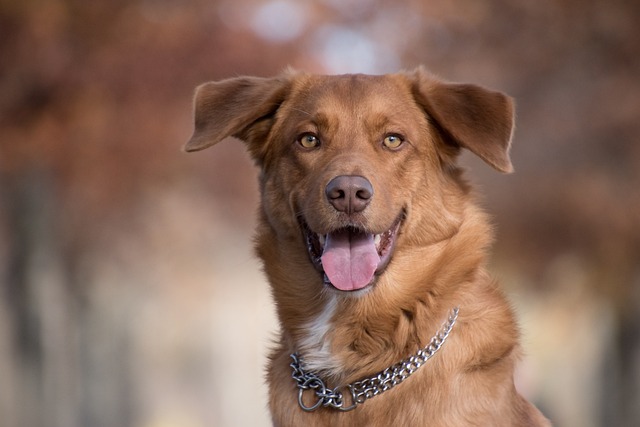
How to prevent dogs from engaging in aggressive behavior towards humans
When a gentle dog suddenly bares its teeth at a passerby or emits a warning growl when a family member approaches,
When you finish a busy day and open the door, the dog rushes towards you like a small cannonball, jumps up enthusiastically and pounces on you. Its paws dirty your clothes, and it may even accidentally scratch your skin. Although you know that this is its way of expressing love and excitement, this kind of "enthusiasm" can be overwhelming. A dog's behavior of pouncing on people when it's excited is a common phenomenon in many pet-owning families. It not only may cause trouble for the owner and guests but also poses a certain safety risk. Behind every dog's pouncing behavior lies its longing for closeness. What we need to do is to use scientific methods and warm love to guide it to express its enthusiasm in a more appropriate way.
A dog's behavior of pouncing on people when it's excited stems from its nature and social behavior habits. In the dog's world, pouncing and jumping is a natural way of socializing. In the wild, puppies pounce on adult dogs to seek attention, play, or food. Domestic dogs regard their owners as important members of the "group". When they feel excited, such as when they see their owners come home or when they are about to go out to play, they instinctively use the way of pouncing on people to express their joy and desire for closeness. In addition, a dog's pouncing on people may also be to attract attention. When they find that pouncing on people can get a response from the owner, whether it's a hug, a stroke, or a conversation, this behavior will be reinforced, and it will use this as an effective way to interact with the owner.
However, this kind of "enthusiasm" of the dog has many problems in human society. For the elderly, children, and people who are not familiar with dogs, a sudden pounce can cause a fright and even lead to falls and injuries. Even strong adults may have their clothes soiled by the dog's pouncing or be scratched by its paws. Moreover, allowing the dog to develop the habit of pouncing on people is not conducive to the establishment of good behavior norms and will also cause inconvenience in daily social interactions. Therefore, it is very necessary to help the dog get rid of the habit of pouncing on people when it's excited.
Preventing a dog from pouncing on people when it's excited requires correct guidance starting from its puppyhood. When a puppy pounces on you excitedly, don't give it the attention it wants. For example, don't stroke, hug, or talk to it, but turn around and face away from the dog. Keep this posture still until the dog stops pouncing and stands quietly on all fours. Once the dog is quiet, praise it in a gentle tone and give it snacks as a reward, so that it understands that only by staying quiet and not pouncing on people can it get the owner's attention and love. Through repeated training, the puppy will gradually form a conditioned reflex and get rid of the habit of pouncing on people.
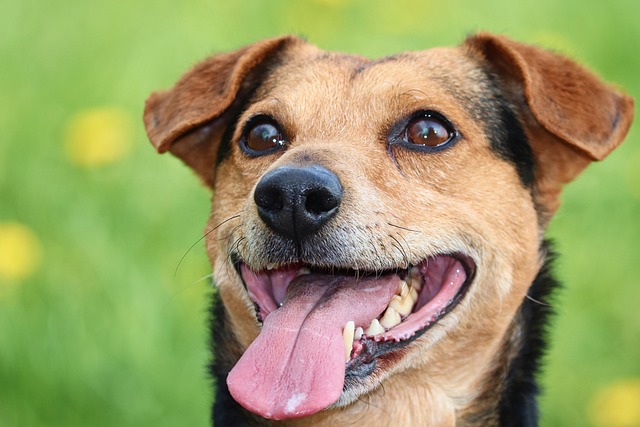
For adult dogs that have already developed the habit of pouncing on people, the training requires more patience and perseverance. You can prepare a leash. When the dog pounces on people excitedly, gently pull it with the leash and say "no" or "stop" in a firm tone to stop its behavior. When the dog stops pouncing and stands quietly, give it a reward. During the training process, pay attention to controlling the strength of the leash to avoid hurting the dog. The key is to let it understand that pouncing on people is not allowed through the restraint of the leash. In addition, you can also prevent the dog from pouncing on people by diverting its attention. Before the dog is about to pounce on people excitedly, for example, when it sees you pick up the leash and prepare to go out, give it a toy in advance, such as a ball or a frisbee, and guide it to shift its attention to playing, replacing the pouncing behavior with interactive play.
In addition to behavioral training, meeting the dog's exercise and psychological needs can also help reduce its excited pouncing behavior. When a dog has excess energy, it is more likely to be overly excited when it sees the owner or guests. Ensure that the dog has enough exercise every day. According to its breed, age, and physical condition, arrange appropriate exercise items and time. For example, for energetic dog breeds like Border Collies and Huskies, they need 1 to 2 hours of high-intensity exercise every day, such as running and playing with a frisbee. For small dogs or elderly dogs, appropriate walks and indoor games are enough. Exercise can not only consume the dog's physical strength but also release its stress and keep it in a calm state in daily life. At the same time, provide the dog with a variety of toys and puzzle games, such as treat-dispensing balls and sniffing mats, to meet its exploratory and intellectual needs and reduce excessive excitement caused by boredom.
In daily life, the owner can also invite friends to help with simulated training. Let the friend play the role of a guest and enter the room in the normal way. When the dog shows the behavior of pouncing on people, the friend should also take the way of not responding and turning away until the dog calms down. Through repeated training in simulated real-life scenarios, let the dog understand that no matter who it is facing, pouncing on people will not get the desired result, and gradually get rid of this habit.
Preventing a dog from pouncing on people when it's excited is a process that requires the owner's attentive company and guidance. Every patient correction and every gentle encouragement are helping the dog better integrate into human life. When you see the dog that was once "out of control" with enthusiasm now greeting you quietly and obediently, expressing its love with a wagging tail and gentle eyes, all the efforts turn into full comfort. In the days of accompanying the dog, we are not only its owner but also the guide of its behavior norms. Using science and love, we can help it become a more popular family member and jointly write a harmonious and beautiful chapter of life.

When a gentle dog suddenly bares its teeth at a passerby or emits a warning growl when a family member approaches,
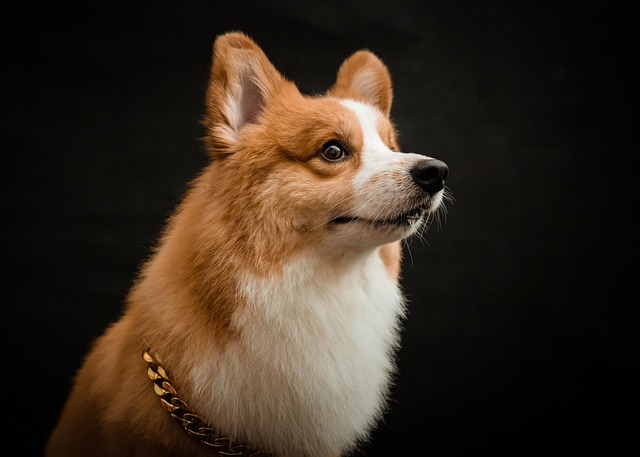
When the owner is looking forward to the dog sleeping peacefully in the airline box, but the dog whimpers, scratches, or avoids the airline box, every pet owner feels helpless and distressed.
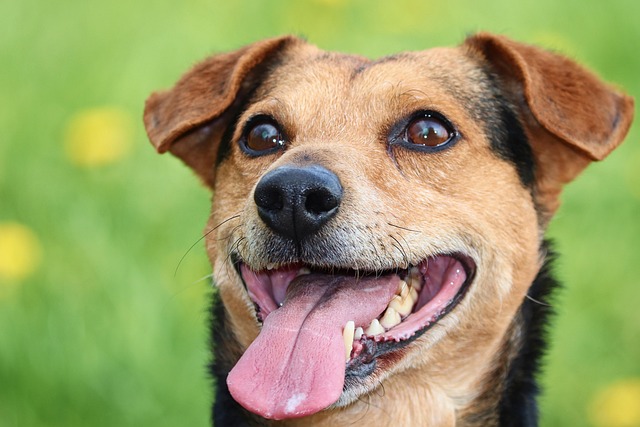
When you finish a busy day and open the door, the dog rushes towards you like a small cannonball, jumps up enthusiastically and pounces on you.
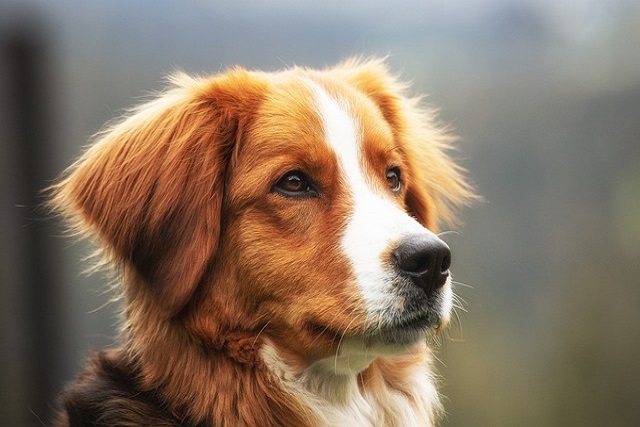
When you carefully pick up the nail clippers and approach the dog, it suddenly bares its teeth, growls, and even tries to struggle and bite you.
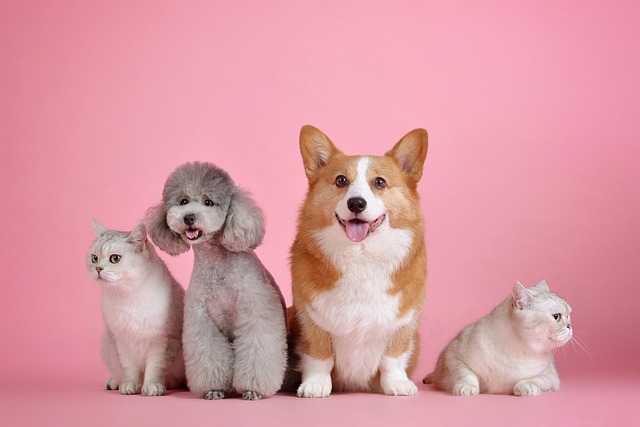
When you happily reach out to hug your dear dog, but suddenly it bares its teeth, growls, or even bites you; or when a child in the family approaches to play
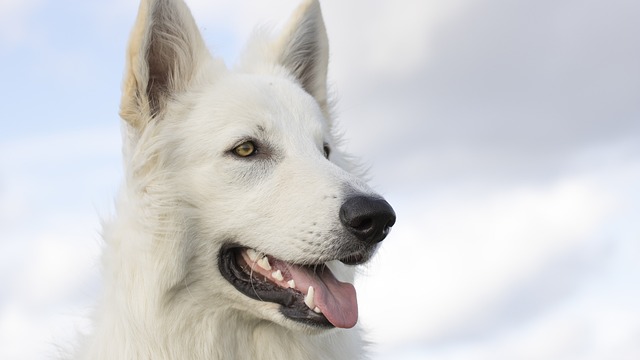
When you get up in the morning and see the "masterpiece" of the dog on the floor, or when you get home from work and are greeted by the pungent odor and the messy scene,